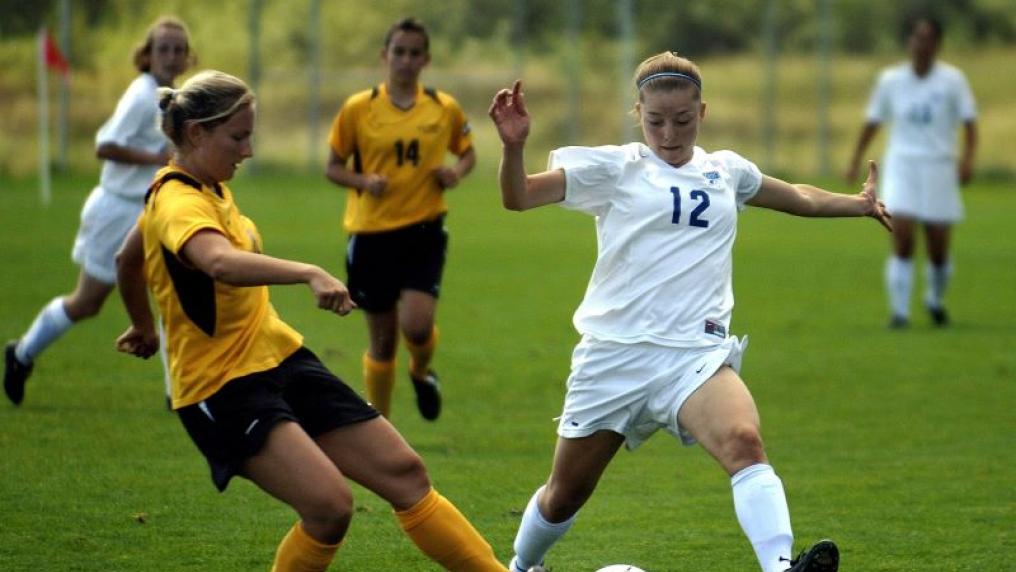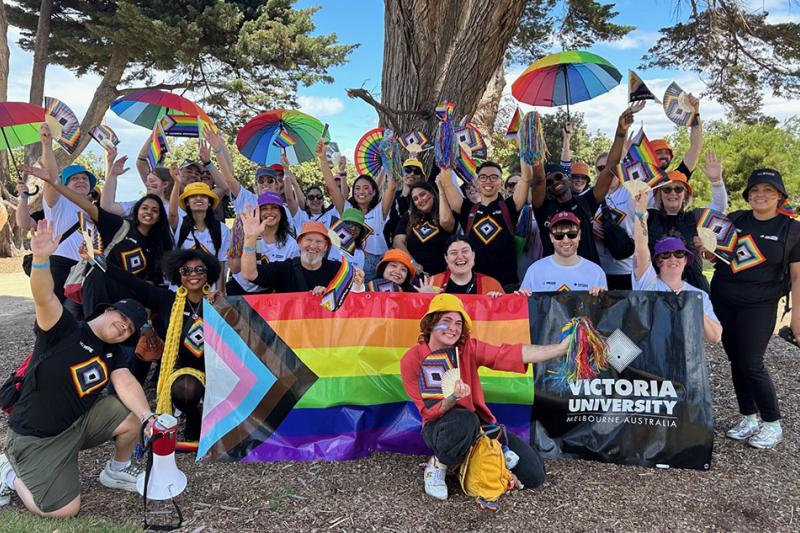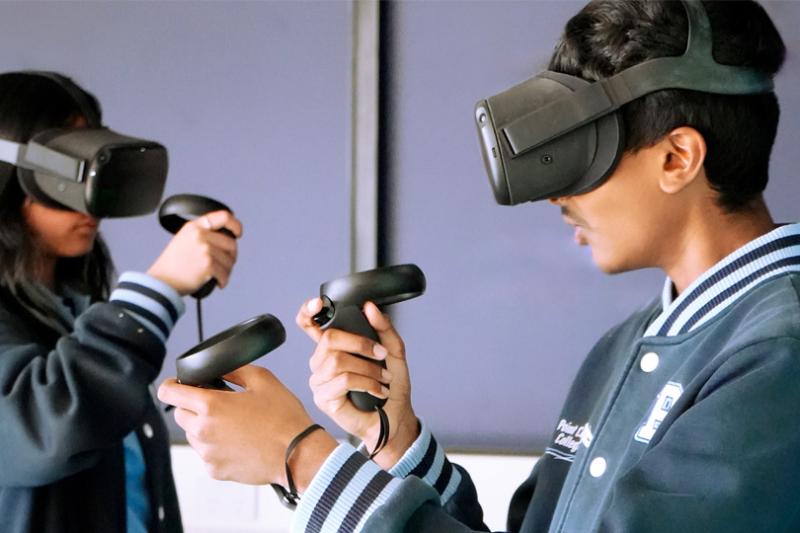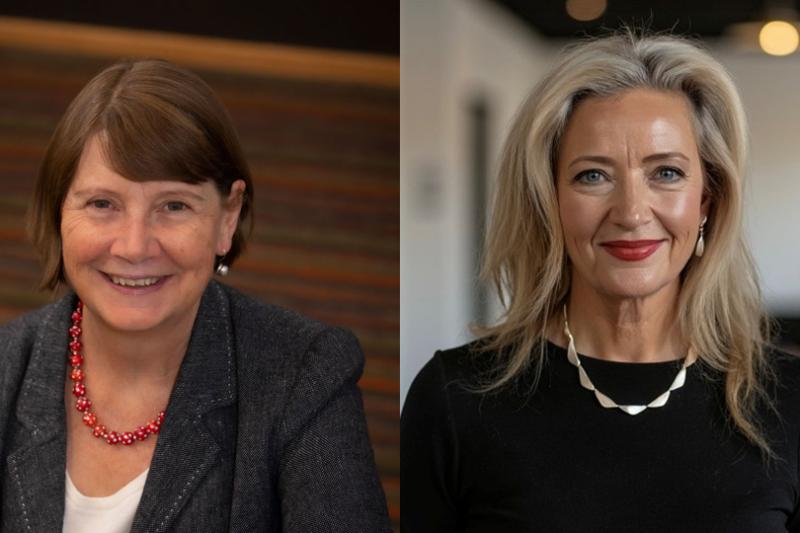Gender equality in sport needs to start at the clubhouse

Increasing participation alone isn't enough to shift traditional gender relations in sports that have traditionally privileged men, a new study led by Victoria University and Monash University shows.
The study found women and girls felt devalued within sports clubs through ongoing micro-practices including difficulties gaining access to quality facilities, poorer training times, less recognition on club’s social media, and lower recognition of their achievements and successes.
Using interviews and observations across a six-month period at a Victorian football and netball club, researchers investigated the impact these changes had on transforming gender relations and in challenging perceptions of the club as a privileged space for its male members.
The women footballers, along with the netball players, indicated that they didn’t consider themselves to be fully embraced by the club. Many female players resented not having their achievements celebrated as much as the men’s teams, despite grand final and representative club success.
One young netball player said: “Men’s footy probably comes first because it’s the most important thing in the entire league, not just the club.”
Some male football players and coaches even kicked women players off the oval during training times, despite knowingly breaching agreed training slot and space allocations.
One male football player was overheard yelling: “Why can’t the girls get off the [censored] pitch”, during a training session.
Study among the first of-its-kind
The study, published in The Journal of Sport and Social Issues, is one of the first to examine gender relations and gender equity in community sport from within clubrooms and shared spaces.
Professor Ramón Spaaij from VU's Institute for Health and Sport led the study, along with Associate Professor Ruth Jeanes from Monash University.
“Girls and women are less likely to continue participating in sports where they don’t feel welcome and their achievements are undervalued. This leads to issues of retention, and girls and women losing out on the numerous health and social benefits provided by community sport participation,” Professor Spaaij said.
Professor Jeanes said while participation in sport is changing through the involvement of more women and girls, ideologies surrounding what is valued and prioritised within community sport remain fairly traditional, with the male senior teams still considered to be the most important element of the club.
The club involved in the study had several hundred members across junior and senior football and netball teams, with slightly more female than male members.
Across a six-month period, researchers visited the club weekly to observe training sessions, social activities, committee meetings, and match days.
Women members say clubs relegate their importance
Interviews with male committee members suggested ‘historical ideologies’ had been removed and the club was now a place for everyone. However, women members disagreed, saying the club revered the dominant performance of masculinity and relegated the importance of women.
Despite the introduction of several women onto the committee and the growing number of women footballers alongside a well-established netball division, many coaches remarked that the men’s football team brought crowds and sponsorship, and must be the priority.
During training and matches, the senior men’s team had priority use of the main oval, which was well-maintained and with easy access to the change rooms and clubhouse. The women’s team had to play on an oval at the rear of the clubhouse, and a fair distance from the change rooms and any spectators.
Professor Spaaij said the club had worked hard to remove the perception that it was a ‘boys’ club’.
He said this study provided a valuable illustration of the ways in which overtly negative and abusive practices towards women and girls can be removed from sporting contexts through strong leadership, policies and zero tolerance to negative behaviour.
“If culture change towards full gender equity is to be achieved in community sport, more attention needs to be paid to the subtle ways in which women’s presence is marginalised or under-valued. Our study particularly shows how the allocation, use and representation of space (playing fields, clubrooms, social media) play an important role in this.”



